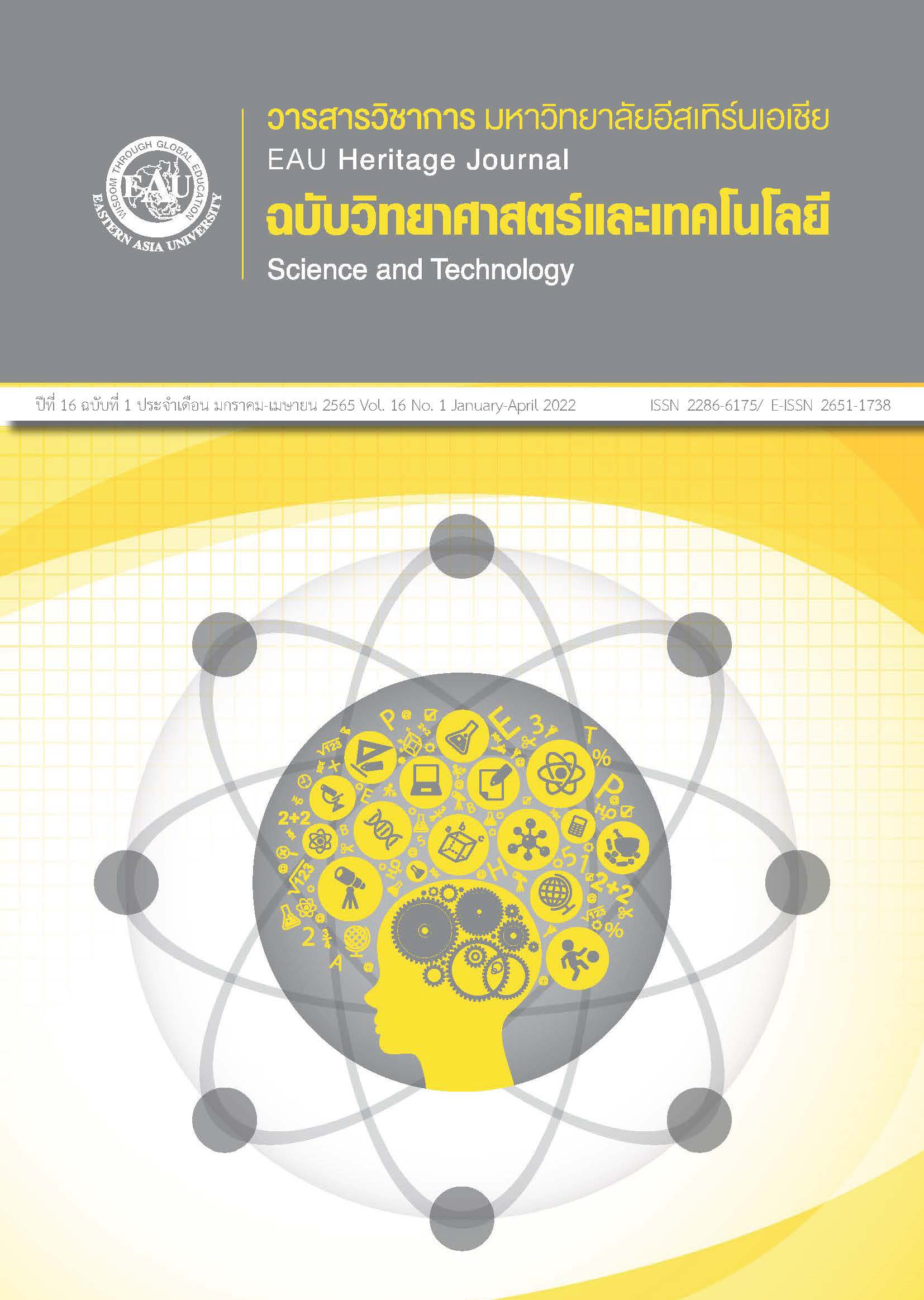มิติสัมพันธ์ของการพัฒนาการดูแลสุขภาวะทางจิตวิญญาณในนักศึกษาพยาบาลกับสมรรถนะการดูแลทางสุขภาวะทางจิตวิญญาณ ในนักศึกษาพยาบาลและผู้ป่วย
คำสำคัญ:
สุขภาวะทางจิตวิญญาณ, การพัฒนาสมรรถนะการดูแลทางสุขภาวะจิตวิญญาณ, มิติสัมพันธ์บทคัดย่อ
จิตวิญญาณเป็นองค์ประกอบของสุขภาพ จิตวิญญาณเป็นการดำรงชีวิตอย่างมีความหมายและเป้าหมายในชีวิต การพัฒนาการดูแลสุขภาวะทางจิตวิญญาณของตนเองดำเนินได้โดยการเชื่อม 4 มิติ ได้แก่ตนเอง ผู้อื่น สิ่งแวดล้อม และสิ่งศรัทธาเบื้องบน ด้วยความรัก ความไว้วางใจ และการให้อภัยอย่างต่อเนื่องเพื่อการรักษาความสมดุลของความมีความหมายในการดำรงชีวิต การพัฒนาการดูแลสุขภาวะทางจิตวิญญาณเป็นบทบาทของพยาบาลวิชาชีพต้องเริ่มพัฒนาการดูแลสุขภาวะทางจิตวิญญาณในนักศึกษาพยาบาลให้มีความรู้ความเข้าใจและสามารถดูแลสุขภาวะทางจิตวิญญาณของตนเองก่อนการดูแลทางสุขภาวะทางจิตวิญญาณให้แก่ผู้ป่วย การพัฒนาการดูแลสุขภาวะทางจิตวิญญาณในนักศึกษาพยาบาลจะมีผลต่อมิติสัมพันธ์ของผลจากการพัฒนาการดูแลทางสุขภาวะทางจิตวิญญาณในนักศึกษาพยาบาลที่ส่งผลต่อการพัฒนาสมรรถนะการดูแลทางสุขภาวะทางจิตวิญญาณในนักศึกษาและส่งผลต่อสมรรถนะการดูแลทางสุขภาวะทางจิตวิญญาณในผู้ป่วยและยังส่งผลต่อการดูแลสุขภาวะทางจิตวิญญาณในนักศึกษาพยาบาลในทิศทางที่เป็นมิติสัมพันธ์ของการพัฒนาที่เพิ่มขึ้น
เอกสารอ้างอิง
Baldacchino, D. R. (2008). Teaching on the spiritual dimension in care: The perceived impact on undergraduate nursing students. Nurse Education Today, 28(4), 501-512. https://doi.org/10.1016/j.nedt.2007.09.002
Briggs, L. C., & Lovan, R. S. (2014). Nursing students’ feedback to a spiritual health reflection. Journal of Holistic Nursing American Holistic Nurses Association, 32(3), 183–188. https://bit.ly/3LJNC2y
Chiang, Y. C., Lee, H. C., Chu, T. L., Han, C. Y., & Hsiao, Y. C. (2020). A spiritual education course to enhance nursing students’ spiritual competencies. Nurse Education in Practice, 49, 102907. https://doi.org/10.1016/j.nepr.2020.102907
Fisher, J. (2011). The four domains model: Connecting spirituality, health and well-being. Religions, 2(1), 17-28. https://doi.org/10.3390/rel2010017
Fisher, J. W. (1998). Spiritual health: Its nature and place in the school curriculum (Doctoral dissertation). University of Melbourne. Melbourne. https://bit.ly/3JlSFVm
Hattakit, U., & Thanoi, W. (2012). Wholistic Nursing and Integrated Healthcare: Integration of Ideas to Nursing Education Management. Thai Journal of Nursing Council, 27, 99-111. (in Thai)
Hsiao, Y. C., Chiang, H. Y., Lee, H. C., & Chen, S. H. (2012). The effects of a spiritual learning program on improving spiritual health and clinical practice stress among nursing students. The Journal of Nursing Research: JNR, 20(4), 281–290. https://doi.org/10.1097/jnr.0b013e318273642f
Ibrahim, F. (1991). The story of spirituality. Bangkok: Ruankaew Printing. (in Thai)
Keefe, S. (2005). Infusing spirituality into health education. New England Advances for Nurses, 9, 41-42.
Leeuwen, R., Tiesinga, L. J., Middel, B., Post, D., & Jochemsen, H. (2008). The effectiveness of an educational programme for nursing students on developing competence in the provision of spiritual care. Journal of Clinical Nursing, 17(20), 2768–2781. https://doi.org/10.1111/j.1365-2702.2008.02366.x
Meyer C. L. (2003). How effectively are nurse educators preparing students to provide spiritual care?. Nurse Educator, 28(4), 185–190. https://doi.org/10.1097/00006223-200307000-00010
Momennasab, M., Shadfard, Z., Jaberi, A., Najafi, S. S., & Hosseini, F. N. (2019). The effect of group reflection on nursing students’ spiritual well-being and attitude toward spiritual care: A randomized controlled trial. Investigacion y educacion en enfermeria, 37(1), e09. https://doi.org/10.17533/udea.iee.v37n1e09
National Health Act B.E. 2550 (2007, 19 March). Government Gazette. Retrieved from http://www.acfs.go.th/km/download/act_healthy_2550.pdf. (in Thai)
O’brien, M. E., (2017). Spirituality in nursing: Standing on holy ground (6th ed.). Burlington, MA: Jones and Bartlett Learning.
Pullen, L., McGuire, S., Farmer, L., & Dodd, D. (2015). The relevance of spirituality to nursing practice and education. Mental Health Practice, 18(5), 14-18. https://bit.ly/3uYq6YJ
Ross, L., van Leeuwen, R., Baldacchino, D., Giske, T., McSherry, W., Narayanasamy, A., Downes, C., Jarvis, P., & Schep-Akkerman, A. (2014). Student nurses perceptions of spirituality and competence in delivering spiritual care: A European pilot study. Nurse Education Today, 34(5), 697–702. https://doi.org/10.1016/j.nedt.2013.09.014
Saengsakorn, P. (2011). Knowledge synthesis about spiritual health in the context of the Thai Society (Doctoral dissertation). Srinakharinwirot University. Bangkok. (in Thai)
Stoll, P.G. (1989). The essence of spirituality. In V.Carson, (Ed.), Spiritual dimensions of nursing practice, (pp. 4-23)., Philadelphia: W.B Saunders
Tiew, L. H., Creedy, D. K., & Chan, M. F. (2013). Student nurses’ perspectives of spirituality and spiritual care. Nurse Education Today, 33(6), 574–579. https://doi.org/10.1016/j.nedt.2012.06.007
Wallace, M., Campbell, S., Grossman, S. C., Shea, J. M., Lange, J. W., & Quell, T. T. (2008). Integrating spirituality into undergraduate nursing curricula. International Journal of Nursing Education Scholarship, 5, 1-13. https://doi.org/10.2202/1548-923X.1443
Wasi, P. (2004). Development must take culture as a standpoint. Bangkok: The Royal Institute. (in Thai)







